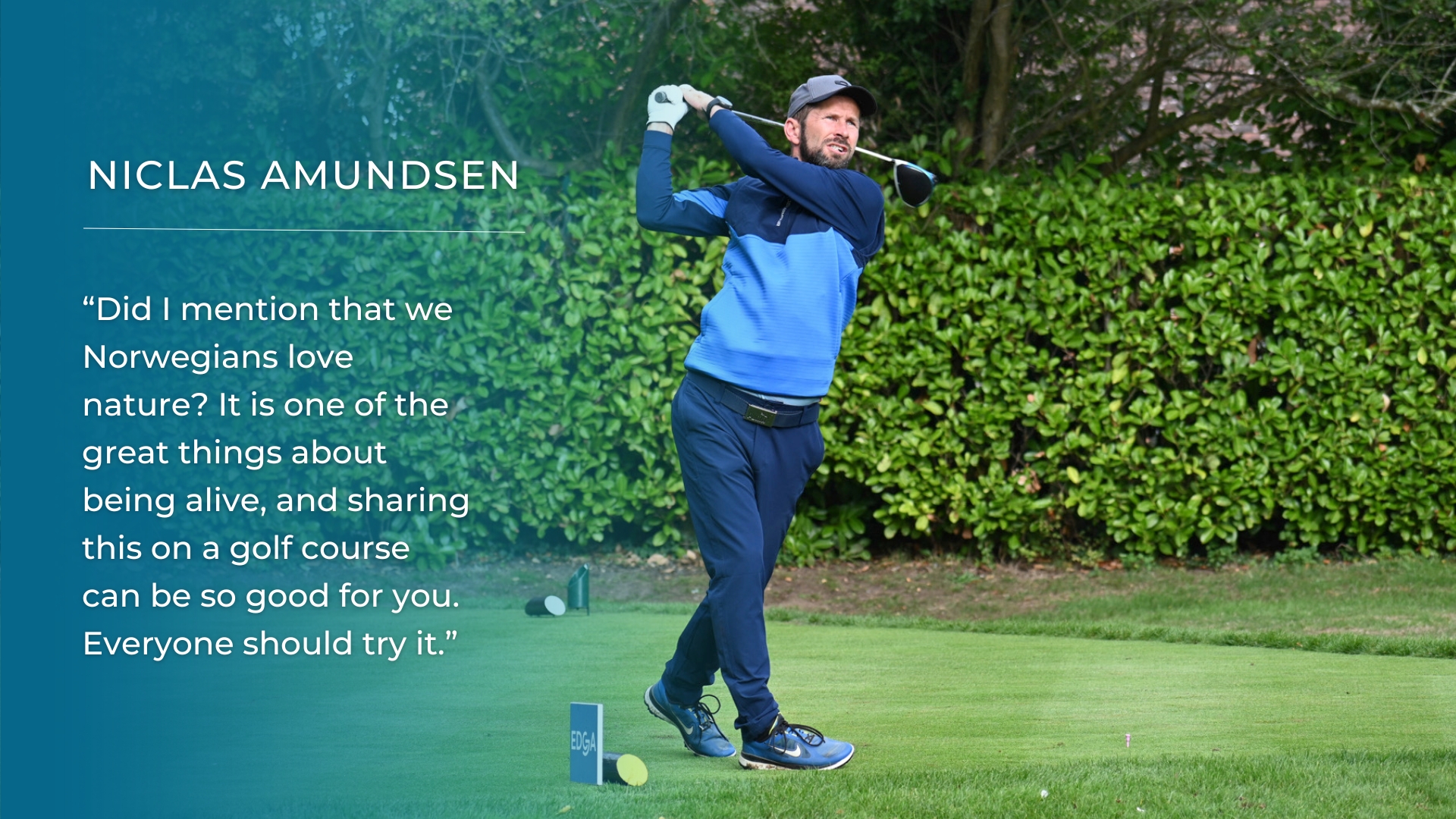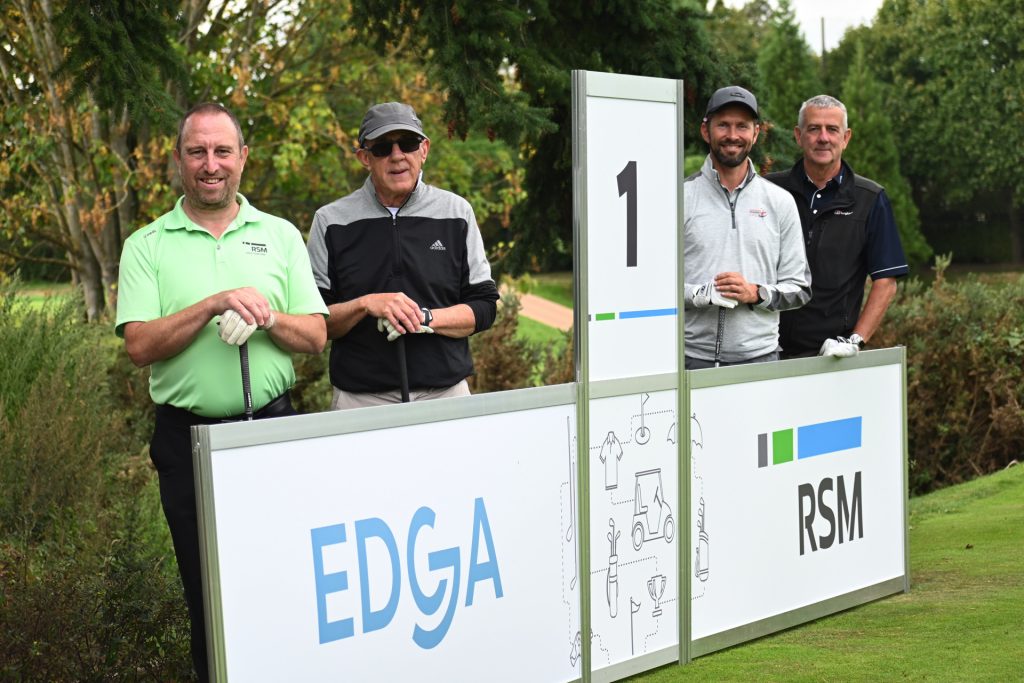
A young man who loves being out in nature, jumps into a sparkling woodland pool for a swim and breaks his neck as he collides with a rock under the surface of the water.
Later, as he lay in his hospital bed, it was natural to consider that part of his heritage, the idea of trekking the forests and mountains of his native Norway, was disappearing into the distance. But life can surprise us. Some 30 years on, Niclas Amundsen is able to revel in the natural splendour all around him, whenever time allows. He can walk again, and that he often chooses to do so on a golf course speaks volumes as to how much he values the benefits of the game.
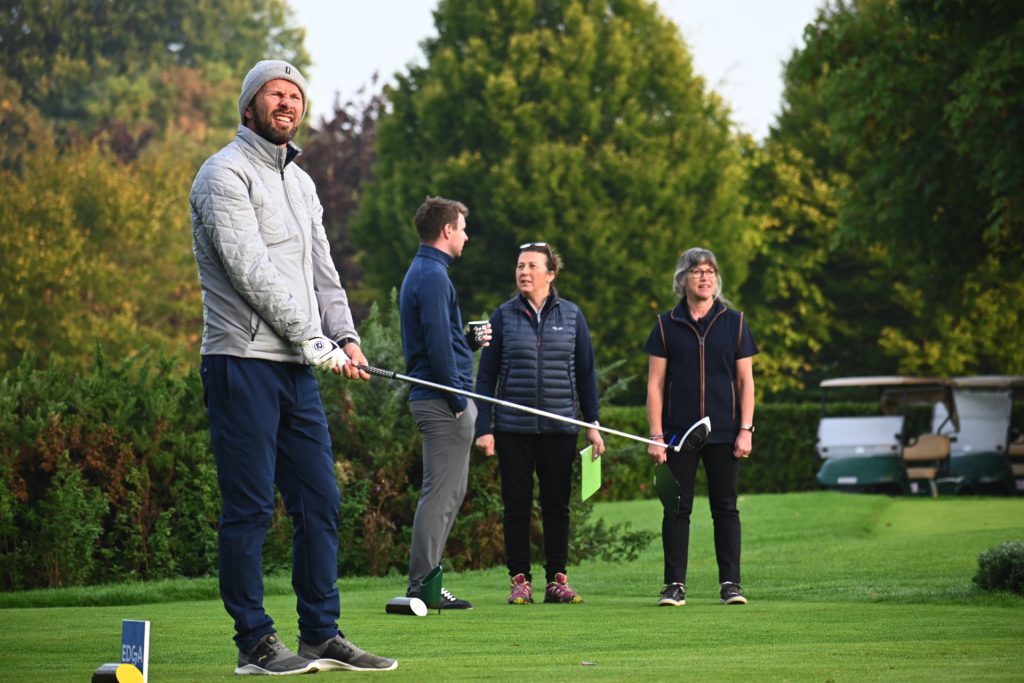
It seems that, partly due to good fortune, partly due to his quick-acting friends and certainly also his fitness levels at the time, Amundsen avoided drowning in that pool in the forest. Millimetres from a worse fate perhaps, nevertheless he walked out of hospital after six months, a little damaged of course but far from defeated.
This former accomplished ice hockey player, keen skier and tennis player, lost a lot of movement in his left side as a result of the accident; there was much to ponder about, but he also felt luck had been on his side, and now he delights in being able to breathe in the fresh air in the hills, to admire the flora and fauna. Today, Niclas has a golf club in his hand as he looks along the next fairway to the flag. He is at home.
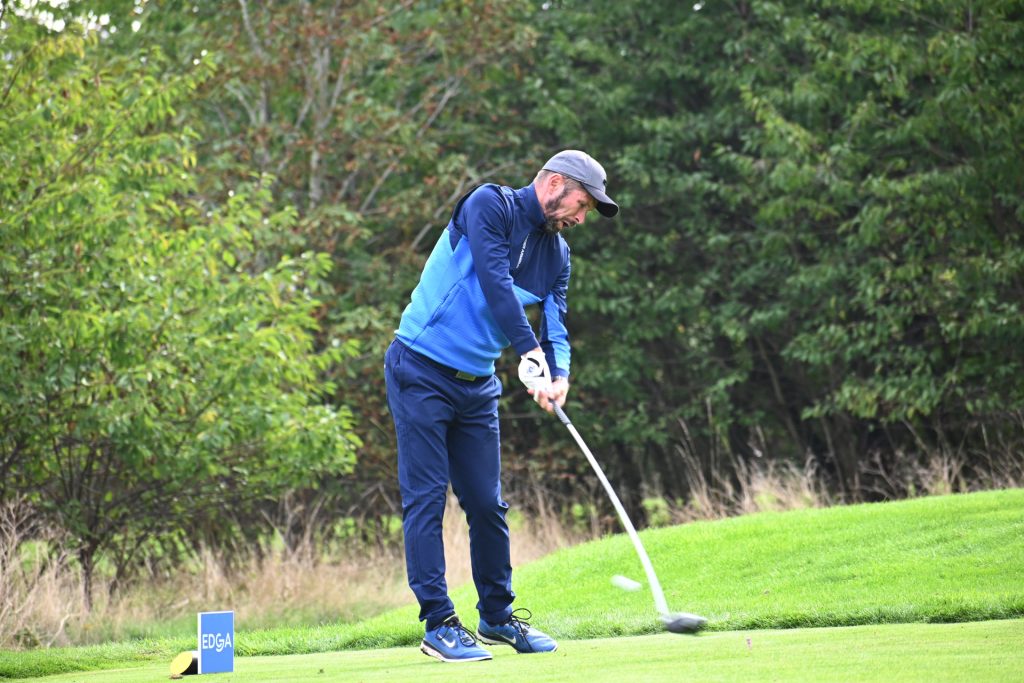
He was born in Oslo, and is 52 years old. His family, like many from the region, has for many years enjoyed a culture where the outdoors has taken on an almost spiritual or mythical element.
Niclas tells us: “Many Norwegians feel humble about walking in nature; we love to hike, we are aware that because of the landscape where we’re from we are very lucky. It’s a sentimental thing, we grew up with it. Our parents took us on hikes to our cabin at Easter, and in summer and winter. At Easter we would ski to the cabin for a couple of hours with all our kit on our backs. No water or electricity in the cabin, it is all at one with nature, so it is a philosophy our family has really valued over the years.”
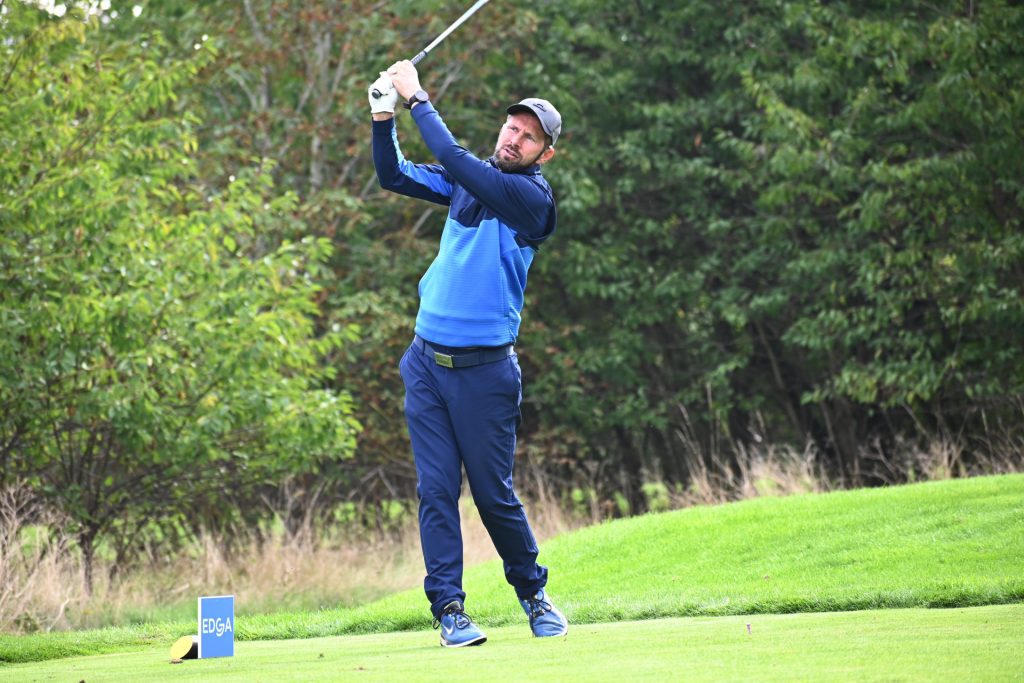
Golf has helped fill the sporting void since the accident: important for Niclas because he and his friends all competed together in ice hockey and were vying to play in Norway’s professional ranks. They were serious players. Golf offers this competitive element for him, while the feeling of peace offered by golf is the natural substitute for mountain trekking.
“I played at a course last summer,” said Niclas, who is an articulate speaker and friendly companion who exudes calmness and gentle patience. “You will find it on the way into the mountains, and it is a beautiful course [he refers to Valdres Golf]. You can see the fish jumping in a lake beside the fairway; it is fantastic. On this theme, we also had the Norwegian Paragolf Open at Kongsvinges Golf Club, which is another beautiful course in the woods, with nice water alongside; wonderful places to spend a few hours with friends.”
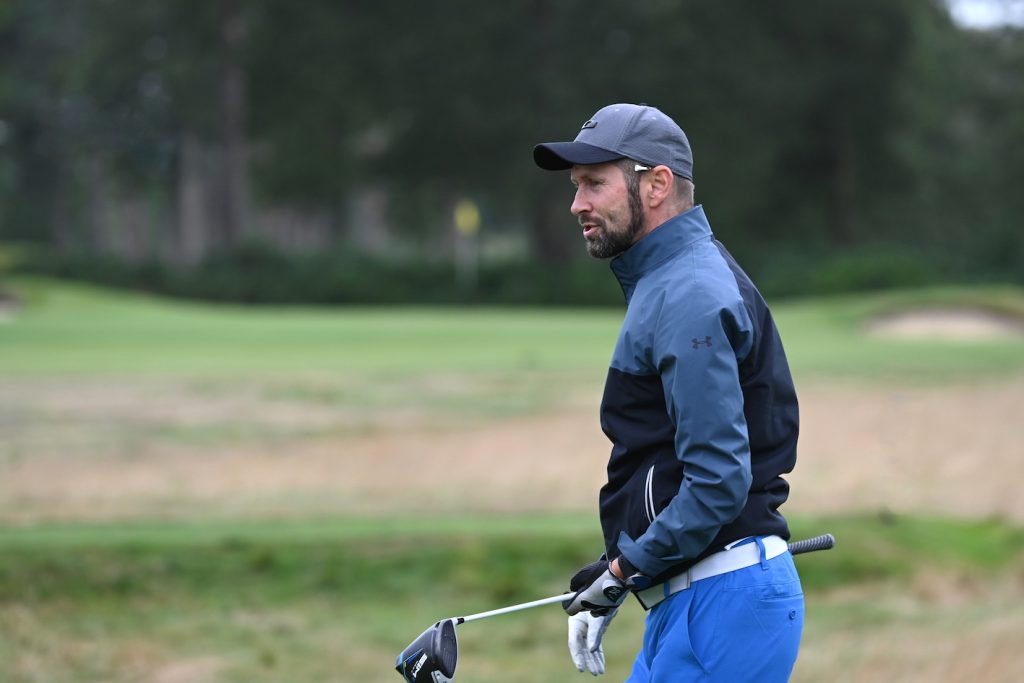
And thank heavens for good friends. While Niclas was a student in civil engineering at the Norwegian University of Science and Technology (NTNU), he was enjoying the forest near Hønefoss, mountain biking with two friends (about 60km from Oslo). One of them had a family cabin and they were carrying their kit on their backs as is the Norwegian way. Then, after a day’s biking, and with the spartan accommodation having no shower, the answer was to find a natural pool to bathe in, and this the lads did while sharing a few early beers. In a moment of exuberance Niclas ran forward for a big dive into the pool.
“I heard a bang when I hit the water and found that I couldn’t move my arms or legs,” explains Niclas. “I tried to swim but I just couldn’t so I knew something was wrong, that my neck was broken. I was now under the water and I concentrated on keeping very calm and holding my breath while my friends jumped in to help pull me to safety; they were very brave, cool and calm. Fortunately, I was very fit in those days, otherwise I don’t think I would have been able to react in that way, to hold my breath, and not panic.”
This was in the days before mobile phones and one of the friends was forced to run off to try to seek assistance from any occupied cabin in the area. This done, an emergency phone call was then made and in good time – considering the circumstances – Niclas was airlifted to Oslo’s main hospital by helicopter.
“I don’t remember the flight; I woke up having some kind of CT scan, and the next image I have is of tubes attached to me in my hospital bed. The only thing I could move at first was my right thumb.
“I had a spinal cord injury resulting in fractures in C4-C5, leaving me paralysed initially. I spent six months in hospital and rehab, including being in a wheelchair for a few months. Finally, I was able to walk out but was still paralysed in parts of the body. The left side is the side most affected to this day.”
The confidence of youth: Niclas says that he always had the belief he would walk out of the hospital. He tells us: “It was more about how would I do it, how and when would I progress? We can have more physical confidence when we are 21, certainly.
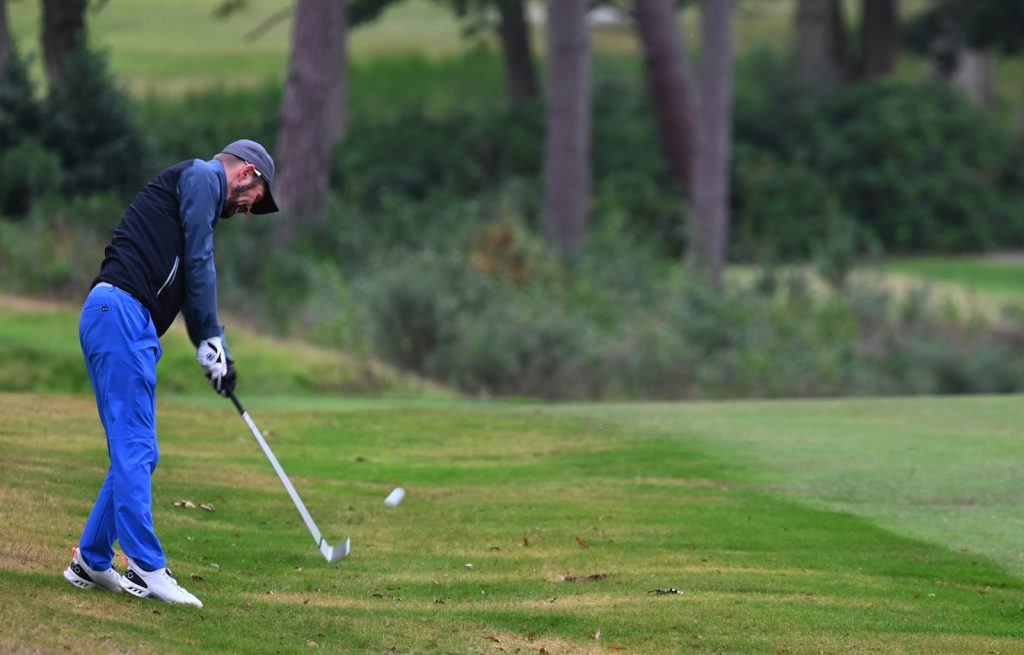
“I would have loved it not to happen of course but I accepted it and had been very lucky in some ways. If there is one thing I did regret it was not being able to carry on with my ice hockey career. I loved being in that team with my friends. I was on the left wing; it was a really big part of our identity. So from there I focused on study, while wishing my friends well in the ice hockey.”
Niclas would take a year off from his university course to recover, before renewing his studies with an intensity that would continue forward into his career. He relished what he calls the “normal stuff” after the accident, branching out from civil engineering into studying computer programming and finding an exciting trajectory that he has been on ever since. Interestingly, Niclas’s father had also studied civil engineering before side-stepping into computers: an unusual path followed by the son. As someone who clearly loves the natural order as Niclas does, technology seems to be in ‘tied-first place’ to use a golfing term.
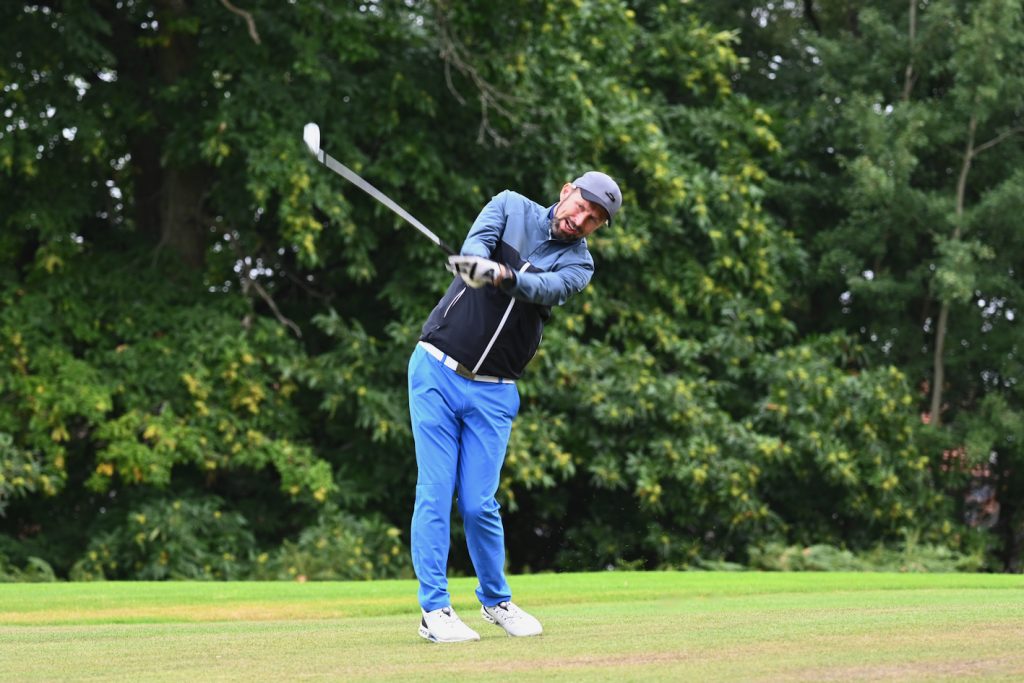
“So I’ve always been a techie. I love gadgets and understand all the stuff. The most expensive bit of technology I own? That would be my car, a Tesla. I’ve been driving one for six years. I love my work. I run a lot of the product development for a TV streaming platform company in Norway, and I’m really proud of the product we have created, which is called ‘Strim’. Maybe I focus a lot on this because of what happened, I don’t know, I’ve always been very competitive, challenging myself.”
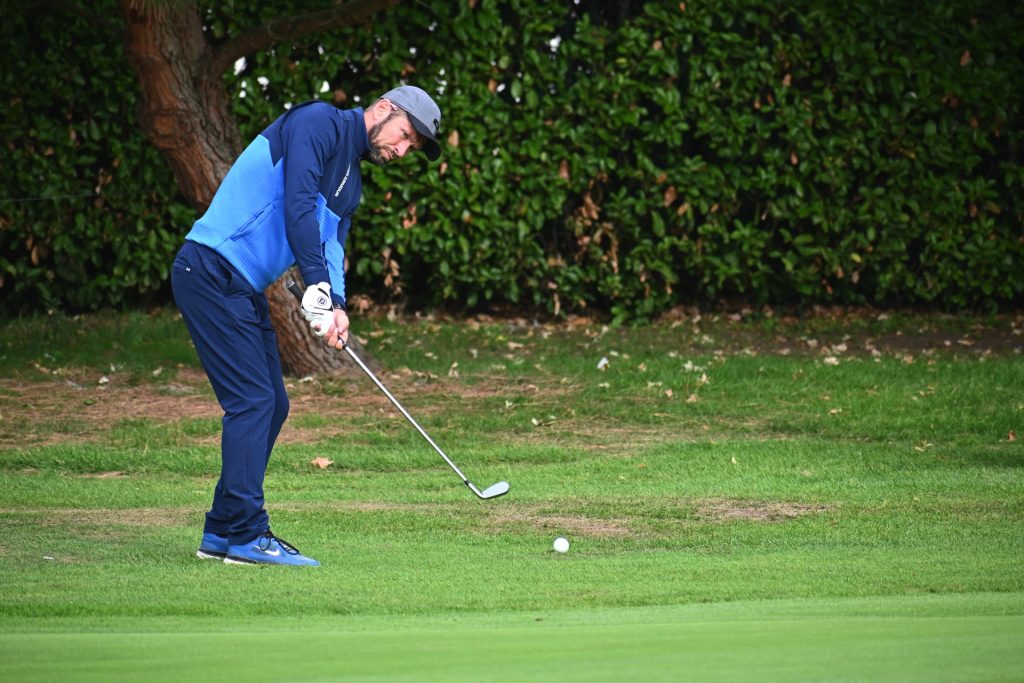
Niclas first tried golf before the accident when he was around 17 or 18 as a right-hander; playing it just for fun but with the power of an ice hockey player in the swing of the stick. Following the accident, with his damaged left side, he took the game up again with more focus, playing now as a left-hander to get the most out of his balance and strength, with a more controlled technique from when he first smashed the ball as a hockey player. The patience to relearn the swing as a left-hander shows much about his resilience.
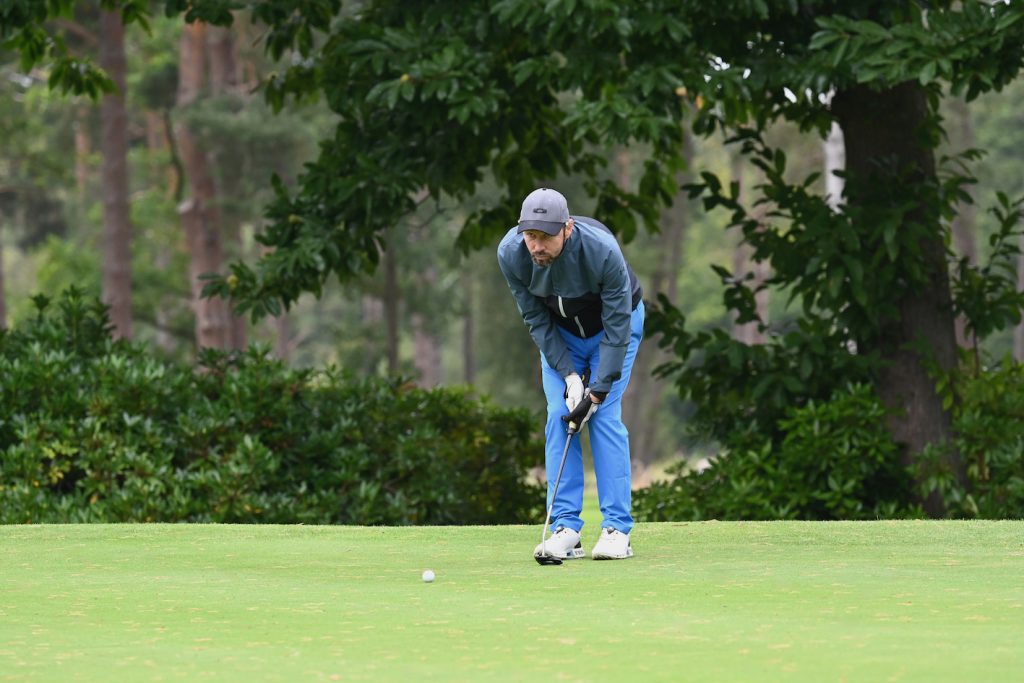
Niclas says: “I’ve always been a positive guy so that is how I cope with things as well. I think things are easier when you smile and stay positive. That’s helped me through a lot. Having the possibility to play golf makes me happy, getting exercise in a fun-filled way.”
He adds: “When I started, I think I was focused on the competitive side, trying to see what level I could reach, but I’ve met a lot of great people and made great friends so I would say it’s a mix of the competition and the social side. It wasn’t a plan but that’s how it is.”
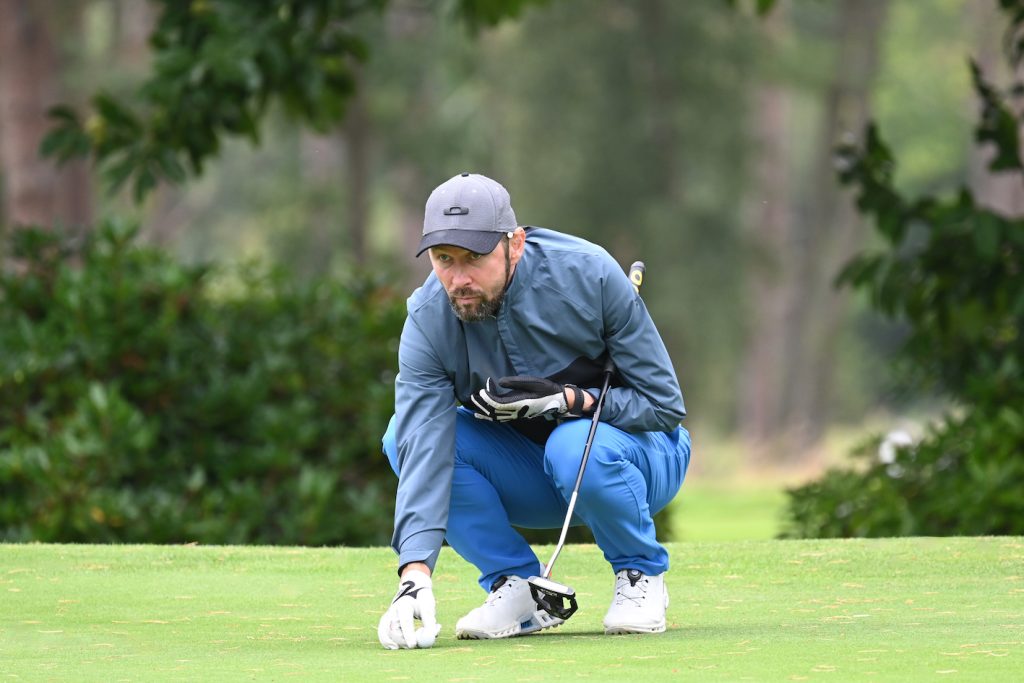
As Niclas steadily improved he relished going on golf trips with his friends in Norway, Sweden and Denmark, the Canary Islands and other places. Niclas has been pleased to get down to a 16.4 handicap today and enjoys playing both club golf (he loves his home course Drøbak Golf Club near Oslo which he describes as “a beautiful course, not too long!”) and visiting other club venues for competitions.
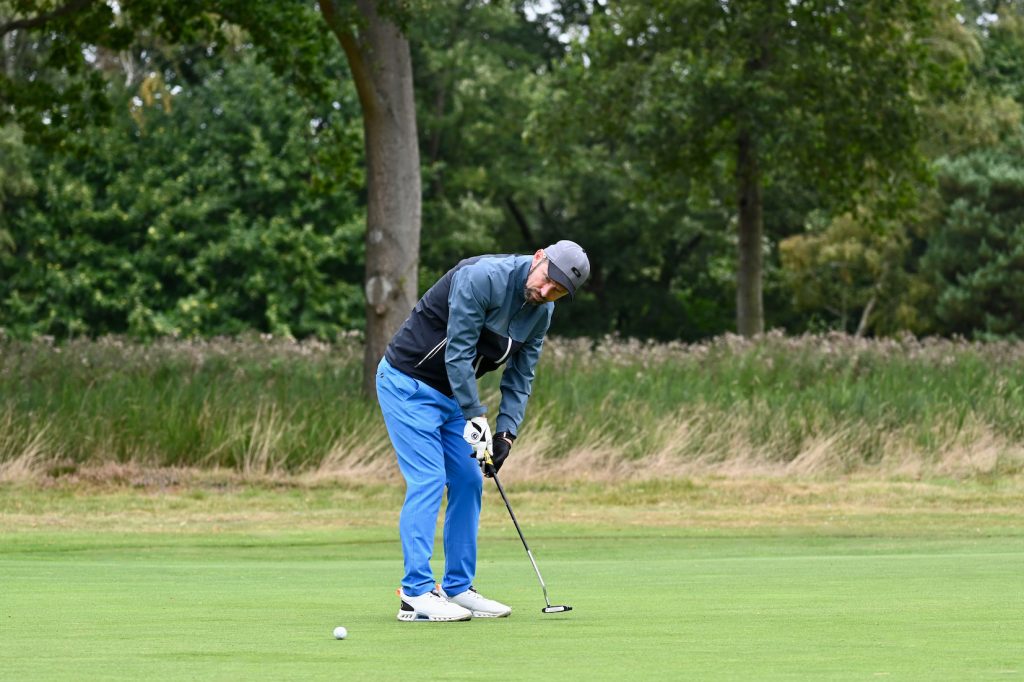
Three years ago he discovered EDGA international tournaments via a contact at the Sunnaas Rehabilitation Centre in Oslo, where he still attends sports camps for people with spinal cord injuries. On these EDGA tournaments he says: “I really enjoy meeting other people, who are not in the same situation but similar-ish situations with disabilities, and when you have an injury yourself, you are perhaps more open to other people with disabilities, you can relate to them. So golf in this way has a lot to offer: better physical health, the enjoyment of playing and the test of trying to master what is a complex and challenging game.”
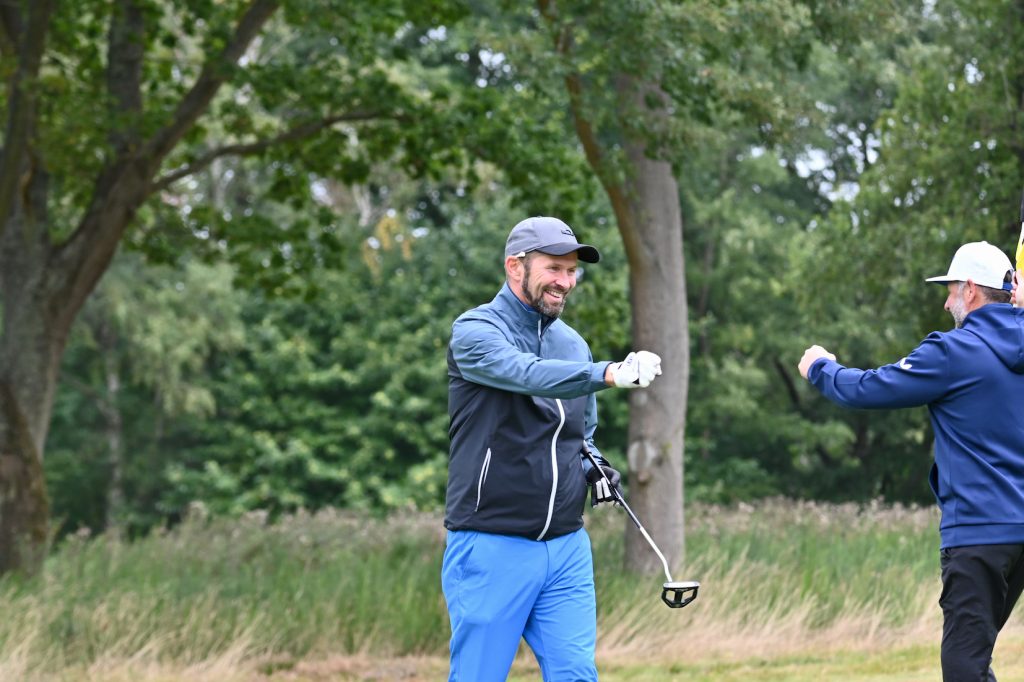
Inside two years Niclas was proud to first win the Stableford Order of Merit in G4D events in Norway and then the next year, the Net division.
Looking ahead, he would be delighted if his two children, Jonathan (aged 17) and Sofia (15) take an interest in golf, but he knows the great thing about the sport is that you can get serious at any age.
“Jonathan took it up this spring and we have enjoyed some rounds together. No doubt he will beat me soon because he is so young and fit!”
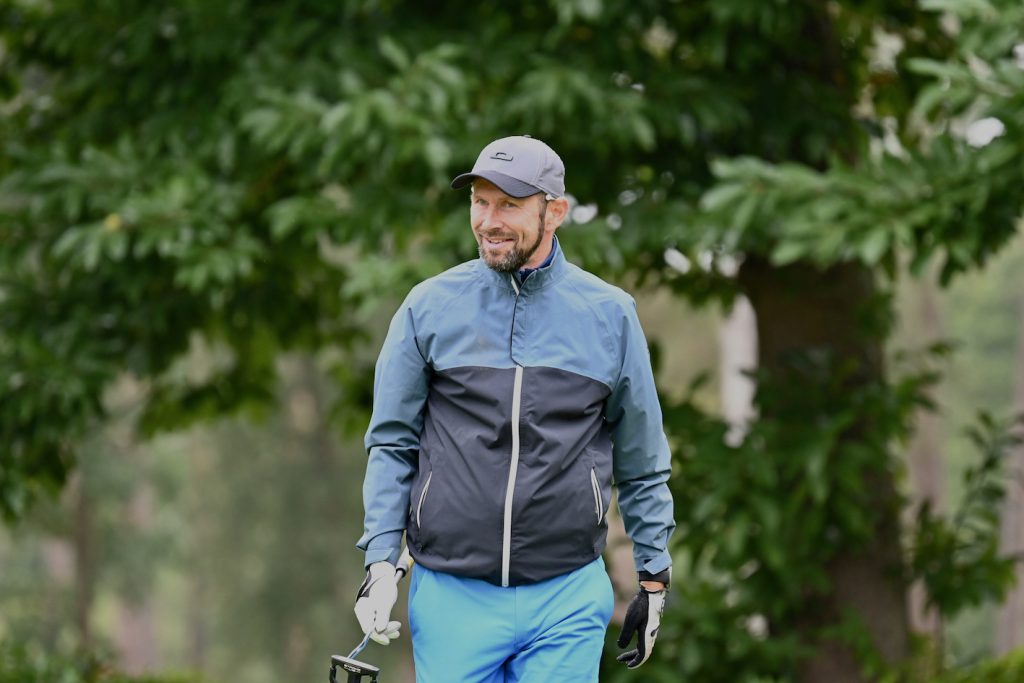
Golf is becoming a true family affair: Niclas’s parents both took up the game after the age of 50, and recently, grandfather, son and grandson shared the fairway for the first time.
It is not surprising that this “techie” guy has taken an interest in both golf’s handicap system and the World Ranking for Golfers with Disability (WR4GD). A key supporter of EDGA – RSM – presents the RSM European Play-offs each year, featuring 16 European players who qualify through the Ranking, competing in match play knockouts to win the Net and Stableford trophies. Niclas qualified in one of the top eight Net spaces last year, and in 2023 he made it a much deserved double (the finals were held in Stratford-on-Avon in 2022 and North Hants Golf Club in September, 2023).
Niclas told us before the event: “I’m very much looking forward to participating in the RSM Play-offs to meet again friends I met last year and to meet new competitors and hopefully friends this time. I would also like to thank my employer for encouraging me to take the time to take part in a very busy period. This was a lovely gesture.”
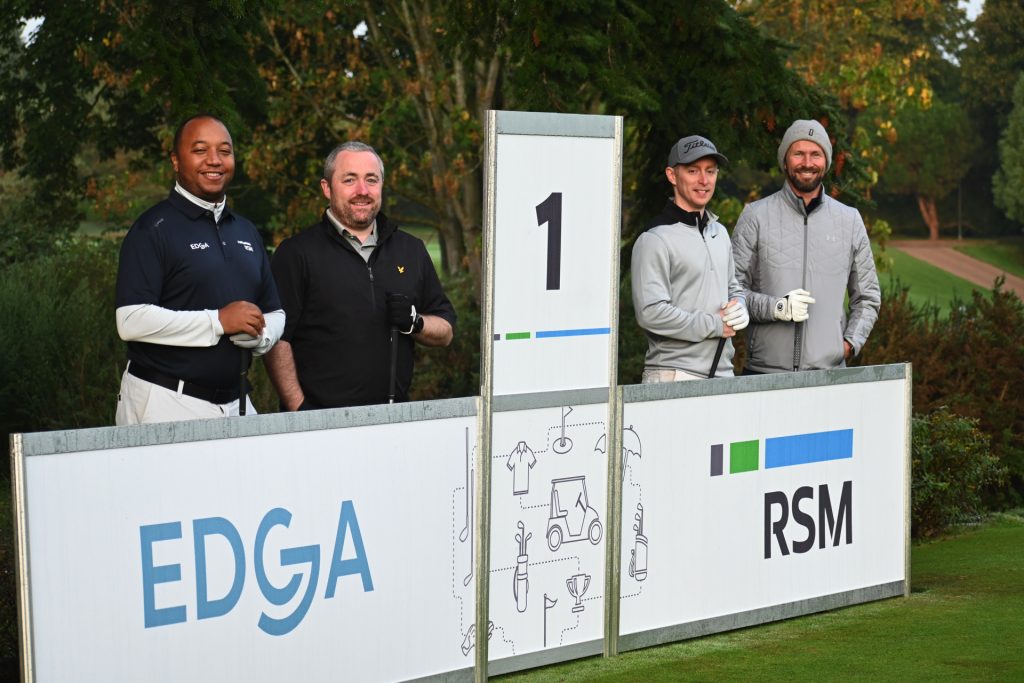
Niclas added: “After my injury my physical abilities are greatly reduced but on the golf course the handicap system makes everyone on an even footing (or at least close to it). Golf is never easy but it gives us a great sense of accomplishment when you manage to do what you set out to do, even if it only happens sometimes during the round!
“I like having a golf handicap and being able to play with someone off 36, 21, 11 or 2. We could give Tiger Woods a game on that basis.
“And golf is very good for the experience of natural surroundings. It is never purely about the competition or the scores. The beauty of many courses and the trees around us make the score not so important on many occasions. The fresh air and breathing this in also counts.”
Niclas now laughs: “Did I mention that we Norwegians love nature? It is one of the great things about being alive, and sharing this on a golf course can be so good for you. Everyone should try it.”
We have returned to where we started, this love of nature. Golf has also challenged Niclas to get stronger and push himself. He also remains forever grateful to the friends who helped save him after the swimming accident. He will tell you that friendship is so important and it can be expressed well when playing golf.
On the last day of this year’s RSM Play-off Series at North Hants, Niclas (who had lost in his quarter final) decided to offer to caddy for his friend, fellow Norwegian player Paal Angerman, in the final of the Net category, giving up his own extra complimentary round to help Paal. The pair had a great few hours on the course and afterwards Paal said he was so grateful for the support of Niclas. Golf, that competitive and compelling game, sometimes reminds us of something great about human nature.
Contact EDGA
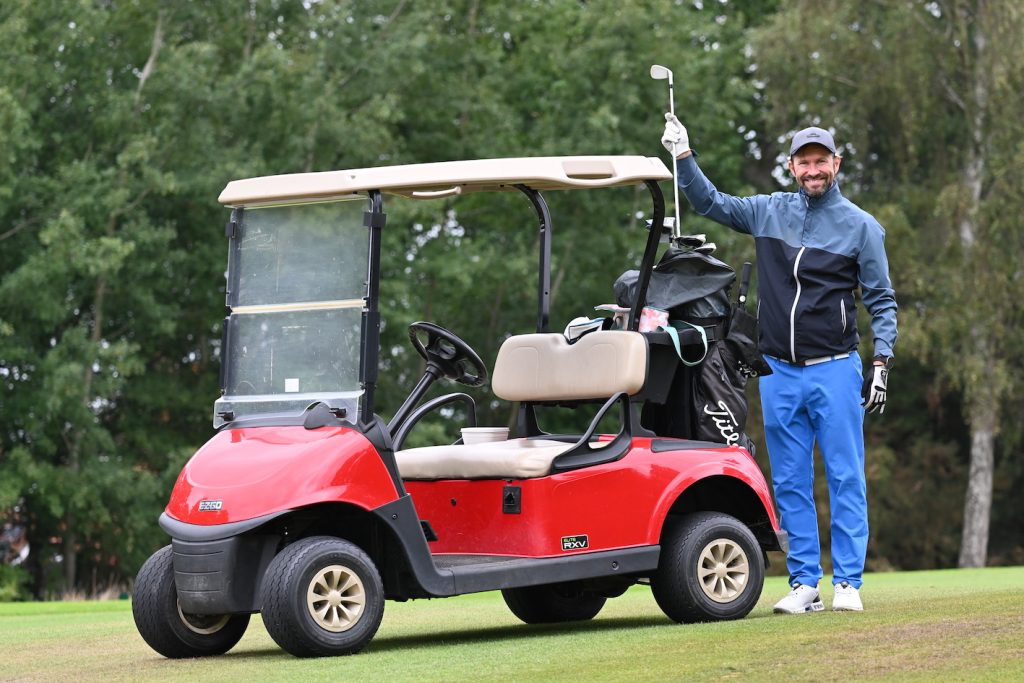
NB: When using any EDGA media, please comply with our copyright conditions


